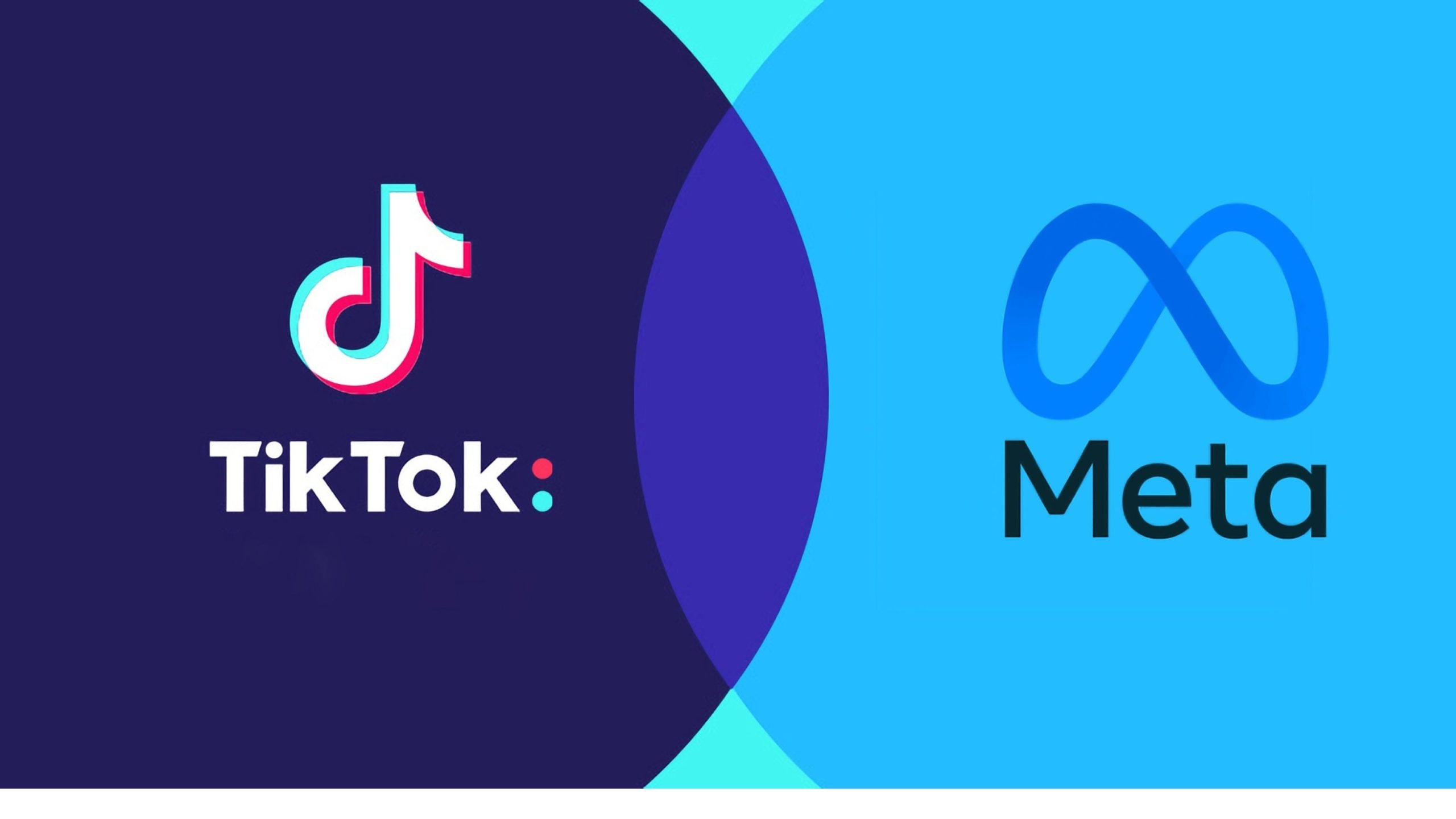
reclaimthenet.org
Tech Giants Pledge Compliance but Warn of Major Challenges as Australia Introduces Online Verification Law
If you're tired of censorship and dystopian threats against civil liberties, subscribe to Reclaim The Net.
Australia is preparing to enforce a broad new restriction on online activity, ordering major social media platforms to block anyone under 16 from using their services starting December 10.
The Online Safety Amendment (Social Media Minimum Age) Bill 2024 will apply to Facebook, Instagram, TikTok, YouTube, and possibly even apps such as WhatsApp and Roblox.
The measure, touted by the government as a way to protect children from online harm, is being met with unease from the very companies expected to carry it out.
Both Meta and TikTok say they will follow the law, but have questioned how such a ban can be realistically implemented.
At a Senate hearing, TikTok’s Australia policy lead, Ella Woods-Joyce, stated, “Put simply, TikTok will comply with the law and meet our legislative obligations.”
She also issued a warning about the unintended fallout, saying, “Experts believe a ban will push younger people into darker corners of the Internet where protections don’t exist.”
Meta’s policy director Mia Garlick echoed those concerns, acknowledging that her company faces “numerous challenges” as it works to meet the December deadline. She said Meta would attempt to remove “hundreds of thousands” of users under 16, but admitted that doing so raises “significant new engineering and age assurance challenges.”
The law is one of the most stringent of its kind anywhere in the world. Yet with its start date fast approaching, key details about enforcement remain unclear.
Authorities have said companies will not be required to verify every user’s age, but must take “reasonable steps” to identify and deactivate underage accounts, meaning that they will have to verify ages to comply fully with the law. Failure to comply could lead to penalties of up to Aus$49.5 million (US$32 million).
The law effectively incentivizes widespread identity checks and data collection, creating new systems of surveillance that erode online privacy for everyone, not just minors.
Technology firms have expressed rare unity in their objections, calling the new mandate “vague”, “rushed,” and “problematic.” YouTube’s Australian representative, Rachel Lord, argued that while the government’s intentions might be positive, the policy itself is misguided.
“The legislation will not only be extremely difficult to enforce, but it also does not fulfil its promise of making kids safer online,” she said.
Regulators have hinted that the ban could extend beyond traditional social media to include streaming platforms and gaming networks. That potential expansion has deepened concerns that the law may push younger users off regulated sites and into less visible corners of the internet, where little oversight exists.
If you're tired of censorship and dystopian threats against civil liberties, subscribe to Reclaim The Net.
The post Tech Giants Pledge Compliance but Warn of Major Challenges as Australia Introduces Online Verification Law appeared first on Reclaim The Net.










